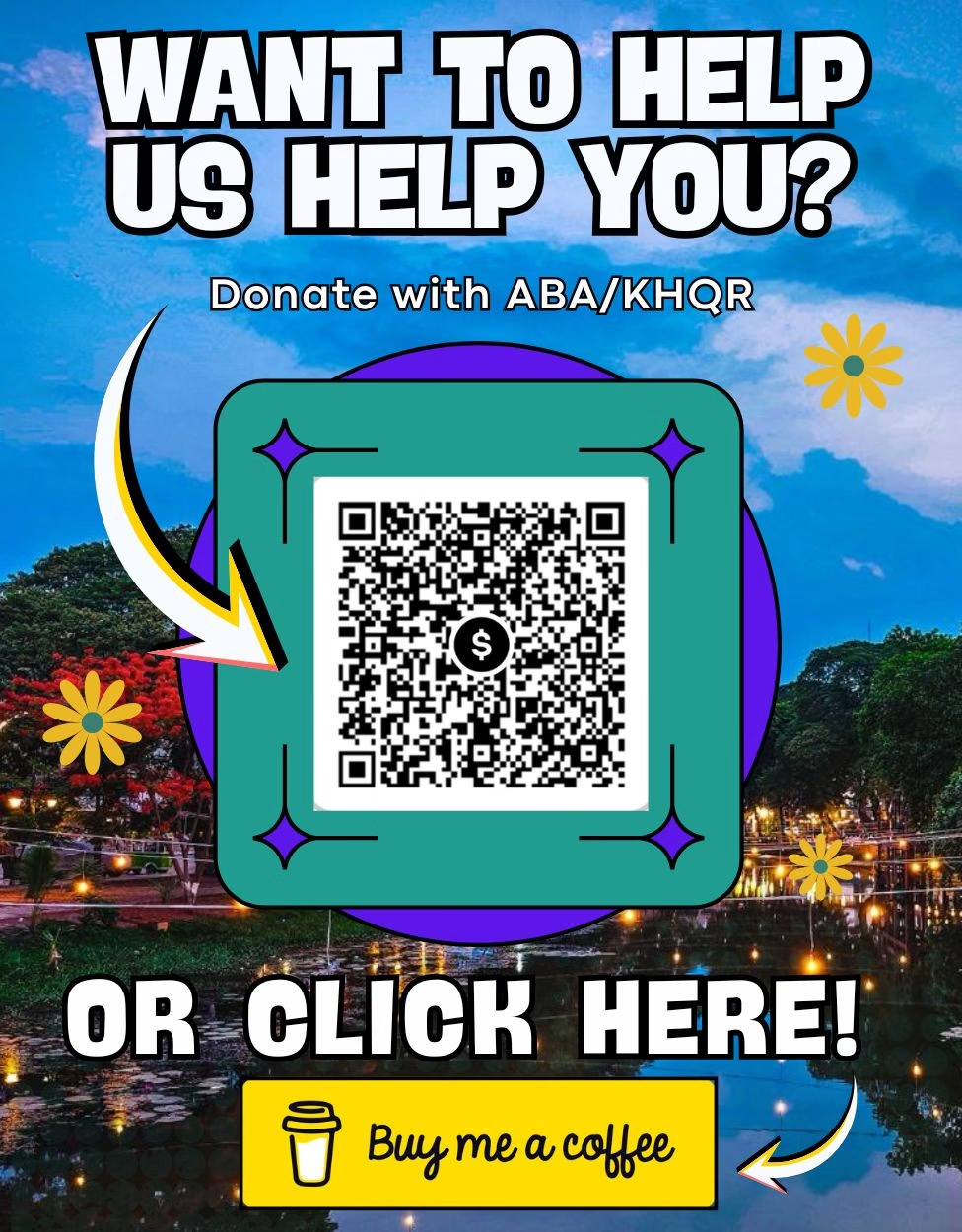Is Cambodia safe? When people talk of safety in Cambodia we often hear negative things, usually regarding scams, theft and even landmines! In this article we want to dispel some of the myths and give people peace of mind when coming to the beautiful Kingdom of Wonder, home of Angkor Wat.
Of course, there are some precautions that you should take when visiting Cambodia as a tourist, but these are mainly common sense practices that you should be doing anywhere in the world! Walking around any city in the world with $1000 cash in one hand, and a Rolex on your wrist, is going to unnecessarily make you a target so we’ll also talk about the Do’s and Don’ts of travelling and staying safe in Cambodia.
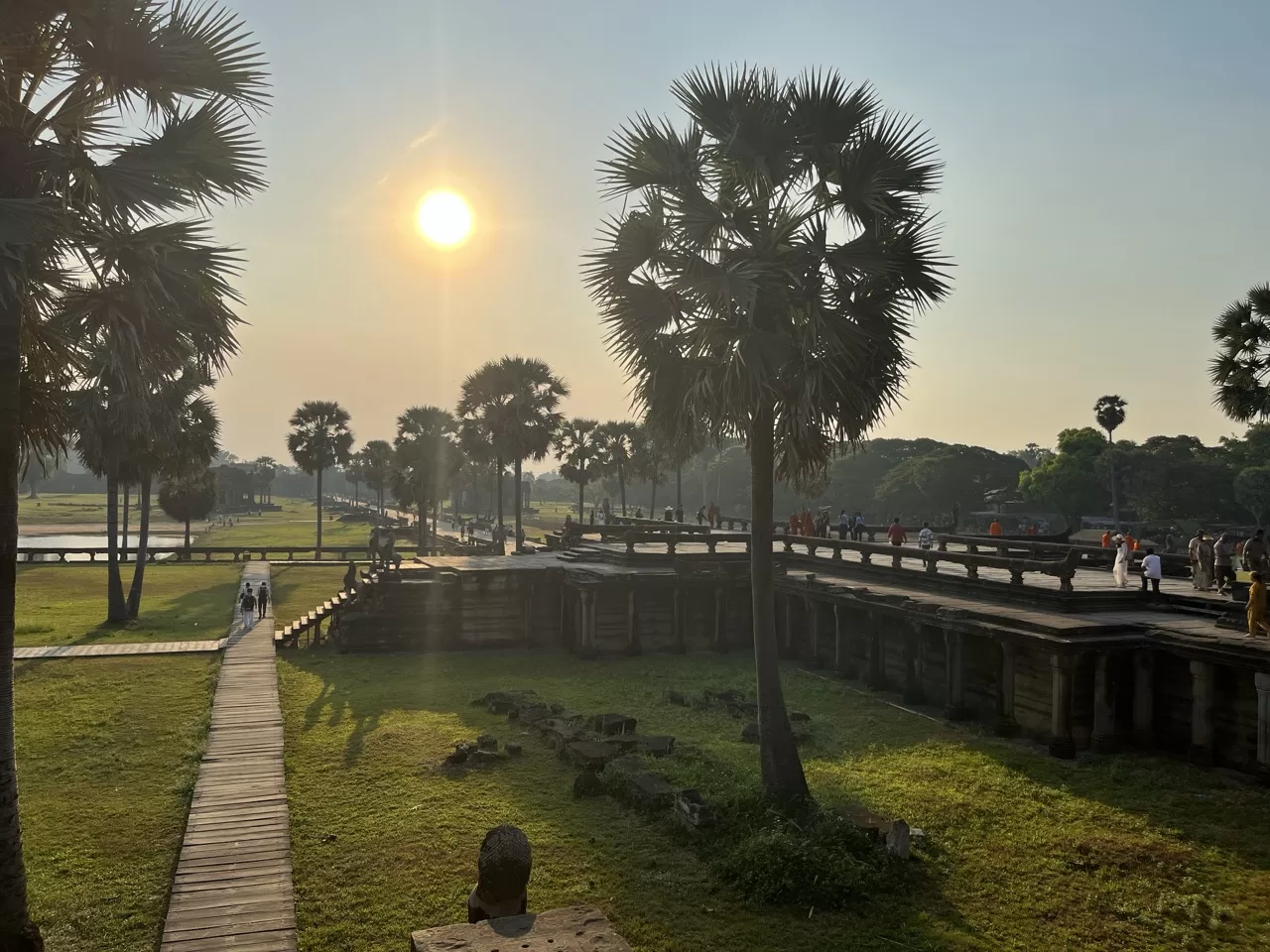
Is Cambodia Safe: “Are there still landmines in Cambodia?“
Cambodia is one of the world’s most heavily landmine affected countries in the world. CMAC (The Cambodian Mine Action Centre) puts the current estimate of unexploded ordinance at as many as 6 million pieces. However, this should not be something you need to concern yourself with when visiting. Since the 1990’s multiple organisations have worked tirelessly to clear the country of landmines, and despite still having a lot of work to do, they have made excellent progress.
Because of this, most major areas are completely free of any landmine danger and the chances of you ever being near one are insanely low, unless you decide to visit unexplored rural areas and wander off by yourself (which wouldn’t be recommended, regardless of unexploded ordinance). The remaining mines are generally concentrated in the far northwest of the country along the Thai border, with smaller clusters in remote areas of other provinces. If you want to learn more about landmines in Cambodia, and help contribute to the cause, CLICK HERE to read about APOPO, an incredible organisation that you can even visit if you find yourself in Siem Reap.
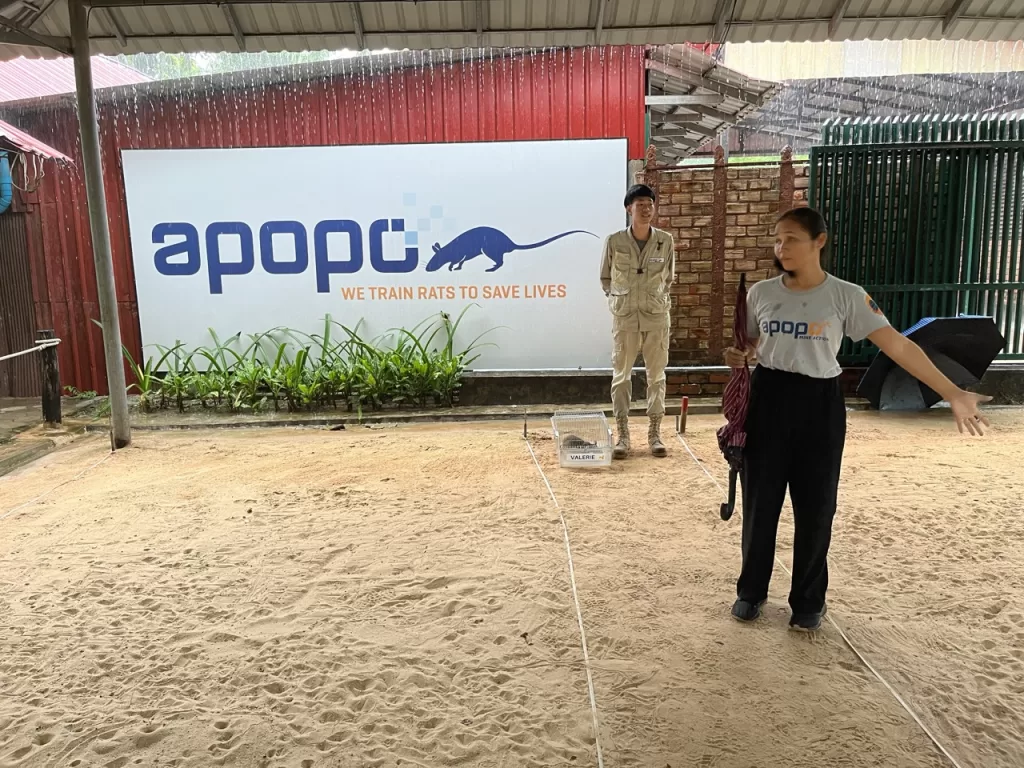
Is Cambodia Safe: “Is there a lot of crime in Cambodia?“
Crime in Cambodia is usually opportunistic. Siem Reap is an incredibly safe city overall and crime in general is a lot lower when compared to Phnom Penh, the capital city of Cambodia. In Phnom Penh, there are plenty of reports of theft such as bag and phone snatching. This is usually perpetrated by thieves who will ride past you on a motorbike whilst you’re walking on the side of the road or riding in an open Tuktuk, and grab items that you’re holding or wearing.
This is something that can generally be avoided by being aware of your surroundings when holding your phone/camera out and making sure your bag is secure if you’re next to the road or riding in the back of a Tuktuk. This is also something you should be doing as standard practice, whether you’re at a restaurant in Siem Reap, a tuktuk in Phnom Penh, or at a cafe in Europe!
This particular crime is rarely seen in Siem Reap and the other provinces. If you take good care of your belongings, and avoid giving people an easy opportunity, you’re unlikely to become a victim of these types of petty theft. Violent crime against tourists is very rare, and crime against tourists in general is low. Don’t be flashy with your money or advertise that you’re carrying expensive goods and you’re unlikely to run into any issues.
CLICK HERE to read the Wikipedia article about Crime in Cambodia.
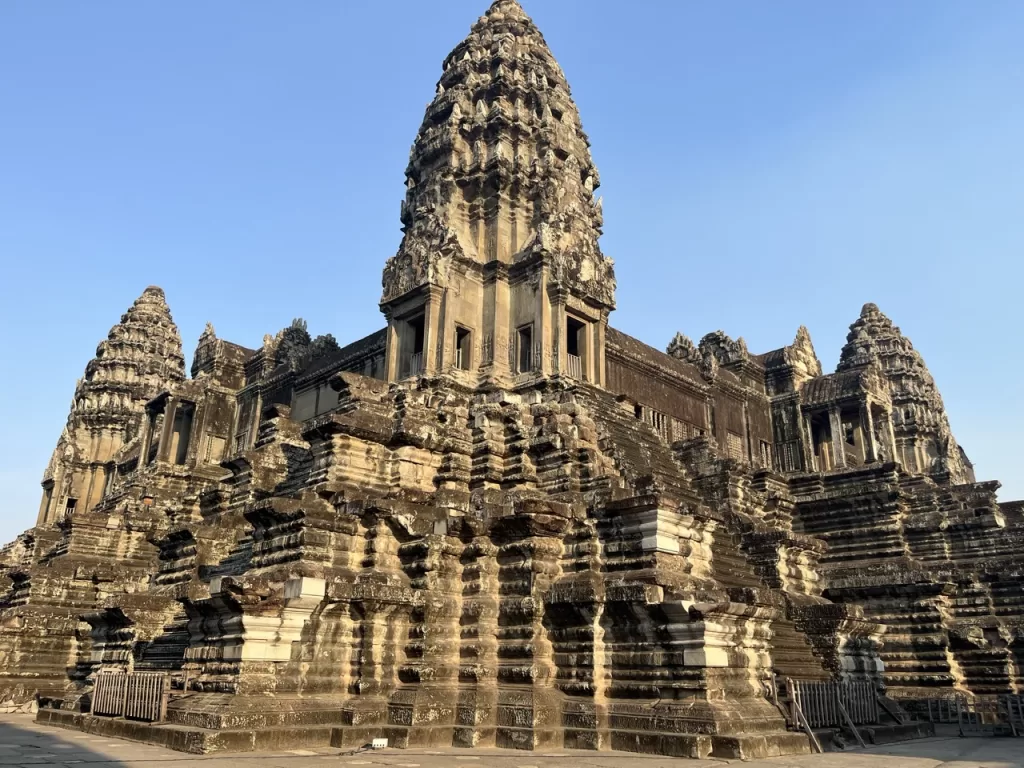
Is Cambodia Safe: “Are there a lot of scammers in Cambodia?“
Over the years, like any other city in the world, Cambodia has seen its fair share of scams. The Cambodian police have actually been very pro-active in protecting tourists from these scams and some of them are rarely seen any more, but check out our list below to see the most commonly talked about scams and how to avoid them.
Is Cambodia Safe: The mother and baby “Milk Beggar Scam”
As with a lot of popular scams, this one works by appealing to the good nature of people who just want to help. You’d be approached by a mother carrying a young baby who would insist “I don’t want money, just please buy milk for my baby”. After you agree, you’ll be directed to follow them to a small local shop to purchase powdered milk (at an extortionate rate).
As soon as you walk away, of course feeling happy about your good deed, the lady will simply go back to the shop and give the powdered milk back in exchange for the money, usually giving a cut of that money to the shop.
The baby is usually not hers and there is a plethora of issues surrounding this. Often, the baby wouldn’t even belong to the woman and would have been “rented’ from its actual mother who was down on her luck. In addition to this, there was also issues with these babies being given pharmaceuticals to make them seem drowsy and unwell to help persuade unsuspecting tourists to participate. In Siem Reap at least, this scam is not as common anymore thanks to efforts by the Cambodian police, and as of 2024 it’s been several years since I last saw this scam in action in Siem Reap.
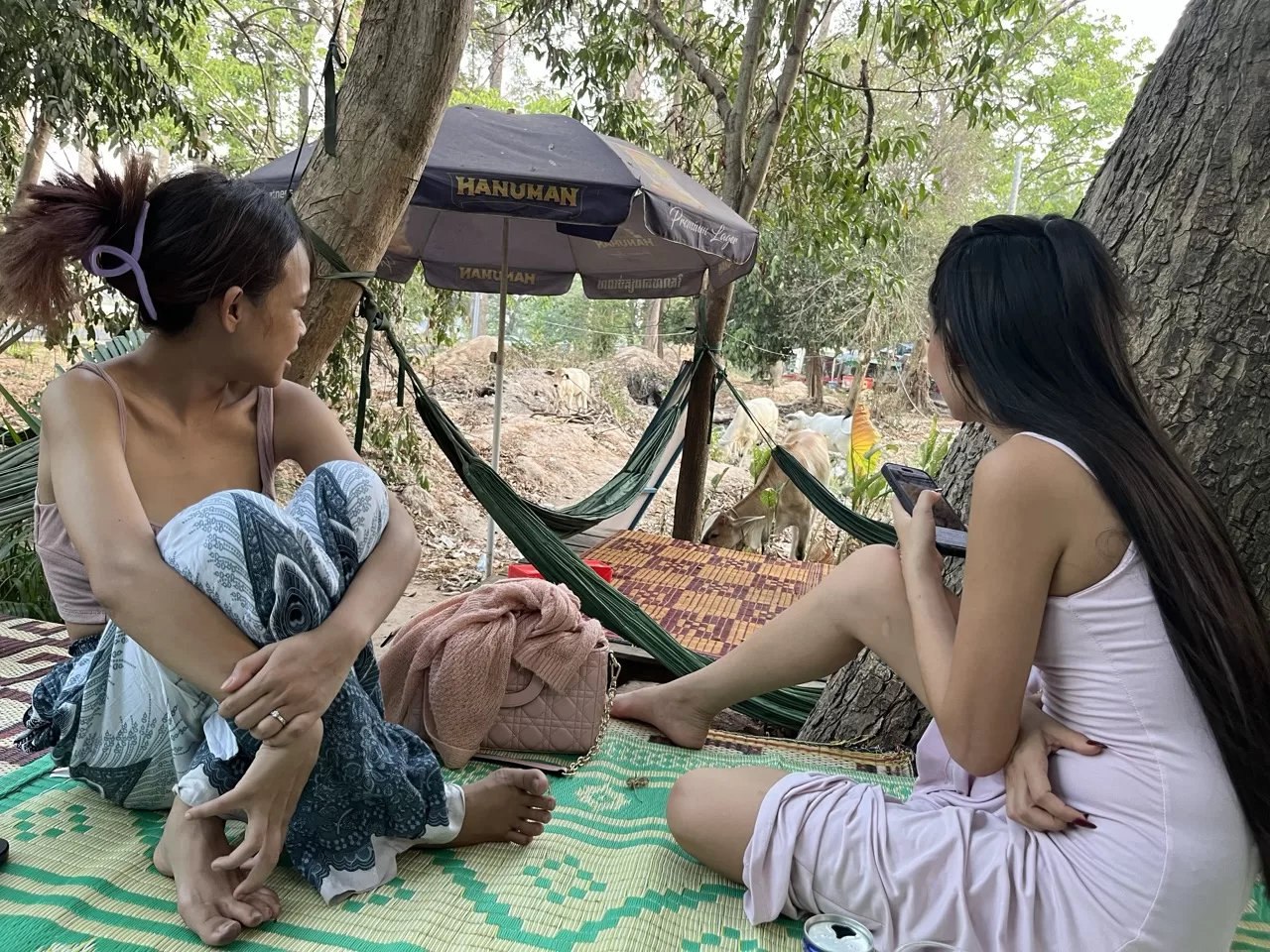
Is Cambodia Safe: Massage parlour fake bill swaps
This scam is still reported fairly often but can easily be avoided. The premise is simple, you head into a cheap massage parlour offering massages at very low rates expecting a bargain. Once inside, you’ll be directed to leave your belongings in a locker or storage space, and while you’re having your (probably underwhelming!) massage, someone will go through your money and exchange your USD bills for fake notes, usually larger bills like $100. Again, the Cambodian police are aware of this scam and on multiple occasions where this crime has been reported, they have been mostly effective in going back with the victim and demanding the money be returned.
However, it’s better not to get yourself in this position in the first place. The easiest way to avoid this scam is to use one of the many reputable massage parlours with good reviews. If you do choose to visit a cheap massage parlour on a whim, just be sure to keep your belongings in sight, though it’s good practice in general not to be carrying around large sums of money.
Is Cambodia Safe: Motorbike rental issues
When coming to Cambodia, many people opt to rent a scooter so they can explore by themselves. It’s important to note that due to local bylaws it’s currently not legal for tourists to rent scooters in Siem Reap, though rental places still exist and will rent to you. In other parts of the country, it’s perfectly legal though.
However, there have been reports of rental places scamming customers by stealing back the motorbikes whilst unattended by the renter and then charging them for a replacement motorbike. This can be avoided by ensuring you use a reputable rental company with good reviews and being sure not to leave your motorbike unattended or in unsecured parking areas.
If you do plan on renting a scooter, never leave your passport with the rental agency and take comprehensive photos of the bike and any damage before leaving the store. For legal and safety reasons and to avoid being fined by the police, always wear a helmet, always follow all traffic rules, and make sure you are carrying a valid international driving permit. Whilst renting a scooter may seem fun and practical, unless you have experience on southeast asian roads and are a confident rider, we do not recommend it. Cambodian roads can be dangerous, and transport in Cambodia is cheap and convenient.
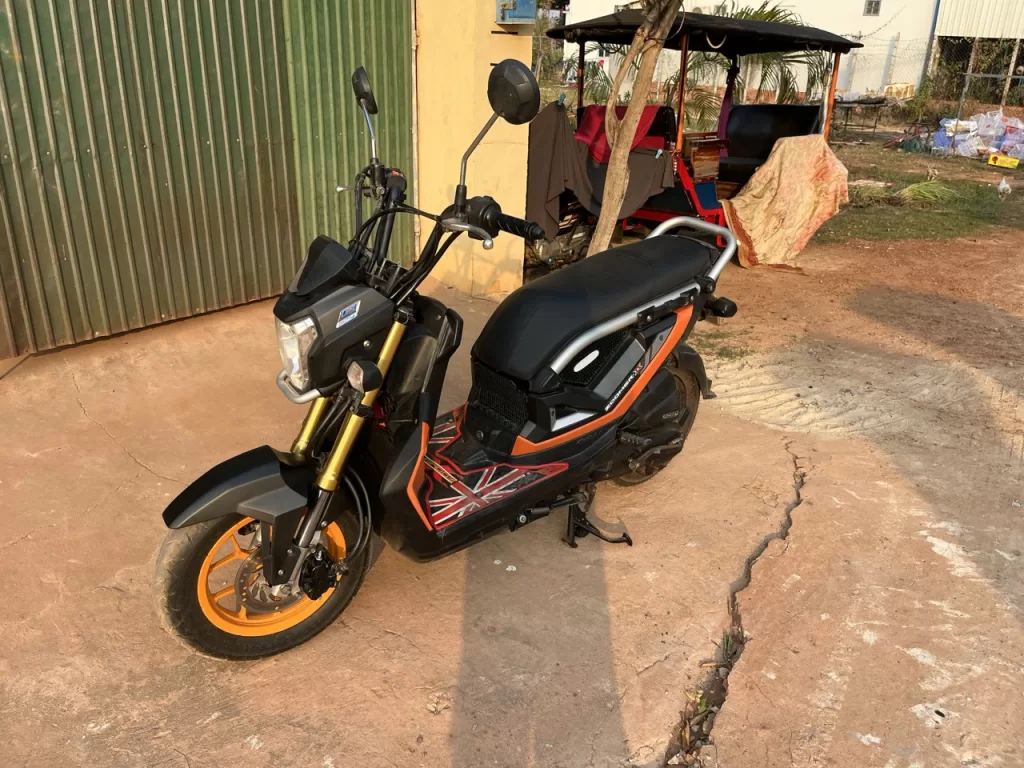
Is Cambodia Safe: Tuktuk “Scams”
This one, though often being called a scam, is less of a scam and more of an opportunistic way of taking advantage of people who don’t use common sense and good practices whilst traveling around via Tuktuk.
These vehicles usually come in two types; The 3 wheeled Indian rickshaw and the remorque style Tuktuk (a 2 wheeled trailer with seats being pulled by a motorbike) and are one of the best ways to get around during your stay. There have been issues with drivers arriving at the destination, quoting a ridiculously high price and then refusing the let the customer go until they pay. This is another problem that can be completely negated by following basic precautions.
Always negotiate the price of your journey before you enter the vehicle and make sure both you and the driver are happy with the price. If not, simply walk away and find another driver. Many hotels will have a few drivers that they regularly use so it’s always worth speaking to reception at your hotel if they can summon a ride for you. If you’re unsure of how much a journey should cost, we highly recommend using a mobile phone booking app such as Passapp or Grab. These apps let you input your location and your destination to get the price up front, and are usually cheaper.
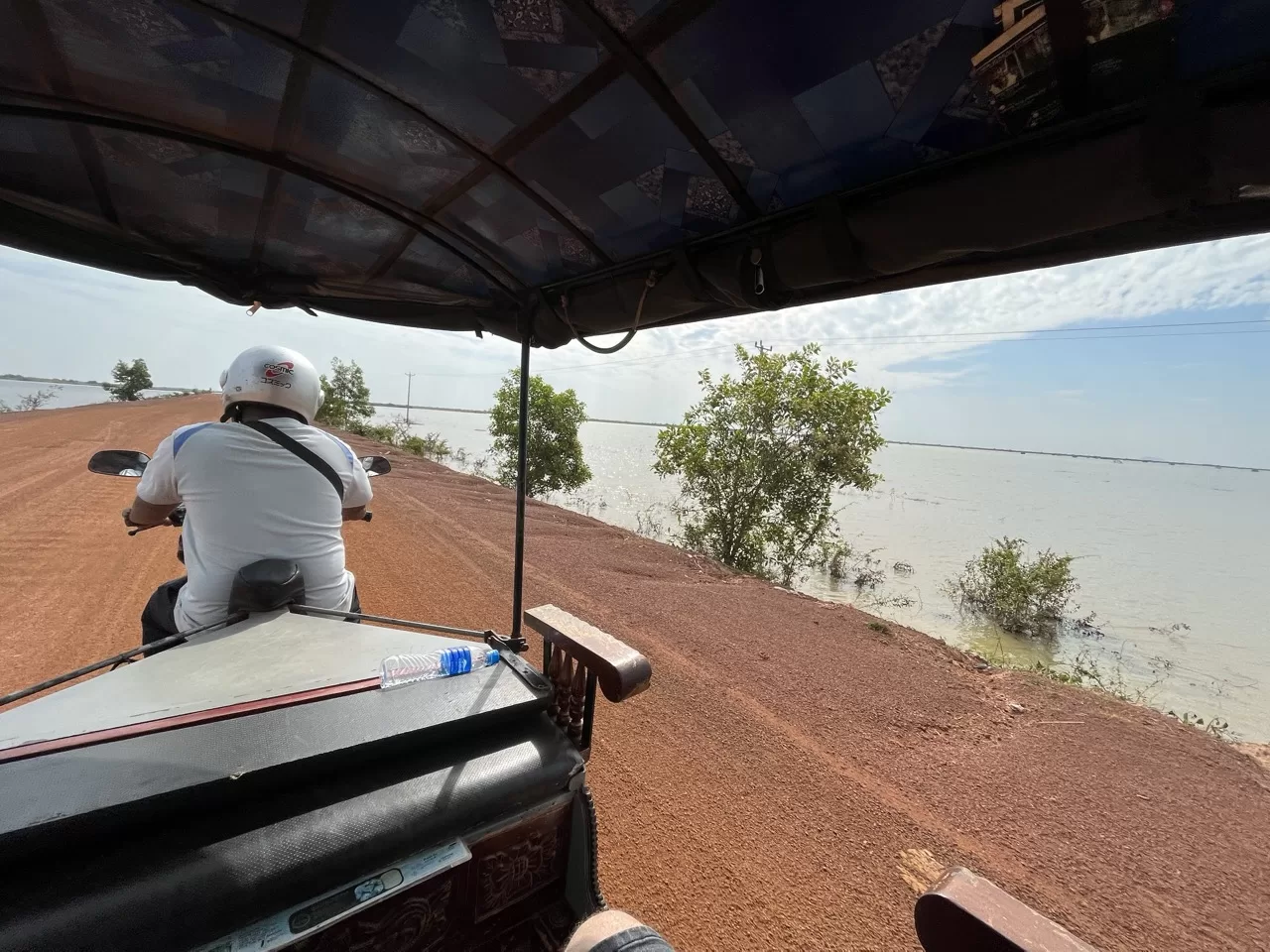
Is Cambodia Safe: The “Lost Passport” or “Great investment” Scams
These scams are found all around the world and can certainly catch you off guard, and they’re a bit different in that they’re usually perpetrated by non-locals! Occasionally when visiting one of the big cities you may encounter some interesting characters that might try to take advantage of you. One of these would be the “down on their luck traveller” who’ll regale you with a tale about how they were in an accident and spent all their money on medical treatment, or had their passport stolen and need some money to get some food or somewhere to stay.
The other is the “successful businessman” who just needs a small investment as they’re planning to open Cambodia’s newest and biggest nightclub, or has some insider information about the next big cryptocurrency scheme and all their money is tied up in a Swiss bank making them millions of dollars a year. If you’re lucky, these people will approach you in a bar and buy you a beer before starting their sales pitch, but in either situation just move on and politely refuse to give them any money.
If you meet someone in the “down on their luck” category that you feel might actually be genuine (every now and then these things do happen!), advise them to contact their embassy and notify them of their situation as that should be their main priority anyway.
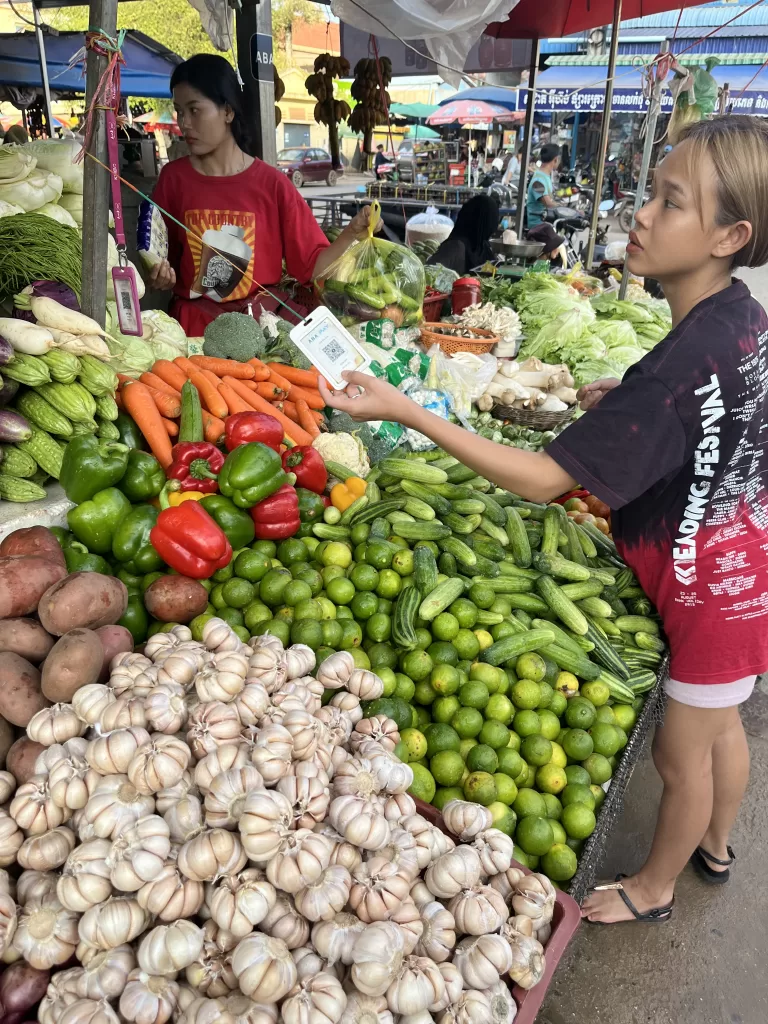
The DO’s and DON’Ts of safety in Cambodia! (and anywhere in the world)
DO Keep your belongings on your person or in a safe place. The first step of staying safe is not to advertise yourself as a target.
DO Be polite, courteous, and firm. Even if you feel you’re being scammed, there’s nothing to be gained by being rude. That doesn’t mean you should let people take advantage of you though.
DO Walk away if you feel unsafe or feel like you’re being manipulated. You’re under no obligation to listen to sad stories or sales pitches.
DON’T Let your emotions dictate your actions. The Cambodian people are very friendly, but you can encounter bad characters anywhere in the world and not every sad story is truthful.
DON’T Try to purchase illegal products or substances. This is common sense for travellers anywhere in the world. Even worse than being scammed, is the possibility of ending your holiday in a prison cell.
DON’T Wander off into the jungle alone in remote areas of Cambodia. I don’t think that’s something that needs to be said, but I’ll say it anyway.
DON’T Flash your wealth. Wearing expensive watches and jewellery or having large amounts of cash out in the open is unwise and will make you desirable to opportunists.
Most importantly to think about before asking Is Cambodia Safe?
DON’T Get so drunk that you’re no longer able to make sensible decisions. This can be a difficult task, but I have faith in you! This is something you should definitely be doing no matter where you are in the world.
Overall, we consider Cambodia to be a very safe place for tourists who act sensibly. Following these basic precautions and being aware of your surroundings means you’re very unlikely to have any issues. As a whole, Cambodian people are wonderful and will go out of their way to help you and make you feel at home.
However, as a country that unfortunately still has a lot of people in financial need, this can mean that sometimes opportunistic people will try to take advantage of you. Stay streetsmart, and enjoy your time here! Time to stop asking “Is Cambodia Safe” and start enjoying this incredible country!
If you’re looking for more tips on money and currency in Cambodia, CLICK HERE!
For more great information or recommendations for Siem Reap and Cambodia in general, don’t forget to follow our Instagram, Facebook, YouTube and TikTok accounts for regular fun and updates!
@morethantemples
Thinking about a trip to Cambodia and looking for someone to help plan your itinerary, or just looking for someone to take you to places you won’t find on regular tours? CLICK HERE to visit our “Tours” page and get in touch. Nightlife tours also available!
Any information in the article above titled Is Cambodia Safe was correct at the time of posting to the best of our knowledge. If you notice any issues or would like to chat to us about the article please get in touch with us via our “ABOUT” page. If you’re the owner of a business we’ve written about and would like to discuss any out of date or incorrect information, please get in touch and we’ll be more than happy to help! Any opinions expressed in our articles are our own and may not be representative of everyone’s experience.
If you found this article helpful, please consider heading to our ABOUT page by CLICKING HERE, and leaving us a tip via BuyMeACoffee!


